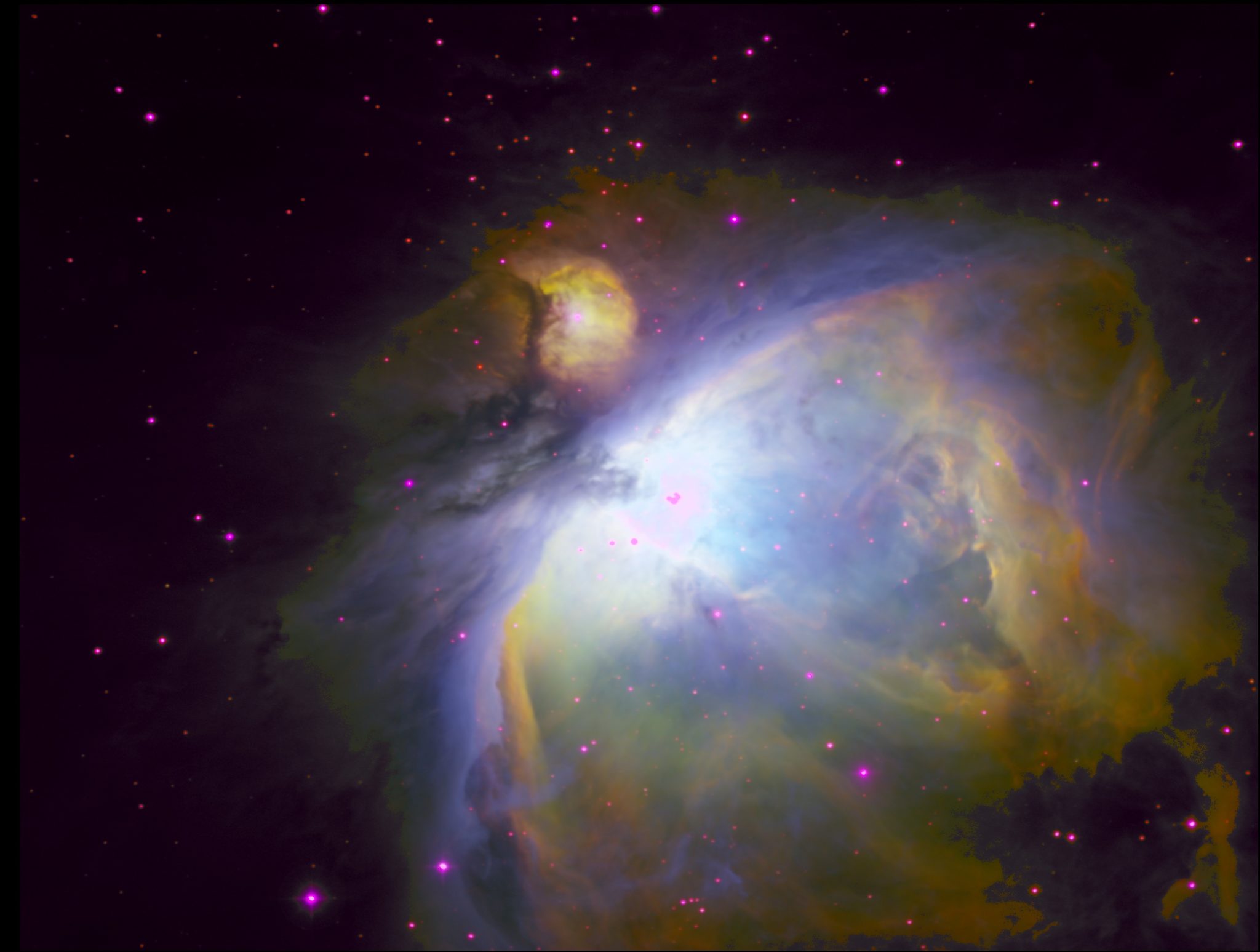Science teacher Sara Kate May has taught at Middlesex for 10 years, having worked as a physics teacher at Riverdale Country School in the Bronx. A magna cum laude graduate of Williams College, Ms. May earned a B.A. in astrophysics and holds a M.A. in physics from City College. In addition to teaching physics and astronomy at all levels at Middlesex, she is the head of Estabrook day house and head coach of girls’ varsity cross country.
You completed your undergraduate degree in astrophysics. What excites you about that field?
I’ve been interested in space and astronomy since I was a little kid. I love thinking about things that challenge our notions of scale–both in time and in space. I’m interested in the ways astronomy intersects with our lives on a human scale, from seasons to tides to the phases of the moon. Our experiences as humans are largely confined to our planet and our lifetimes, with most of our days spent on an even smaller scale, but astrophysics lets us study and try to understand things that are really far away, really big, and really old. There’s something about the night sky that just makes people think big thoughts, and one of the best parts of my job is being around students as they have that experience.
The science department at Middlesex is full of bright minds and interesting backgrounds. How does the department work together?
I’m really proud to be part of the science department, not only because I know my colleagues to be great scientists, fantastic teachers, and interesting people, but also because we all are very engaged in the life of the school outside of the classroom. Not to brag or anything, but the science department has 4 PhDs, 4 heads of house, the head coaches of 5 varsity sports, the leaders of many school committees, and we are the sponsors of lots of clubs and other activities on campus. Additionally, we really like each other and have fun working together. I get to work most closely this year with Natalie Martinez, who is not only a terrific physics teacher and colleague, but also serves as my mentor for all things coaching. We had a great time redesigning our physics curricula over the summer so that we could include more data analysis and engineering design challenges in our courses.
What do you think is the next frontier in the Middlesex Astronomy program?
The observatory is in great shape thanks to our observatory technician, Skip Pass. Skip takes beautiful images from our telescopes on most clear nights, and when the astronomy club meets weekly, they get to choose targets, learn how to operate the telescopes, and be part of that process. I would love to continue to get more students in the observatory, though, and my real hope is to have a student or students choose to pursue an independent course in observational astronomy in the next couple years. I’m also really looking forward to the total solar eclipse that we be visible from the US in 2017. Willy Hutcheson and I are hoping to plan an Environmental Science/Astronomy trip for students to view the eclipse and explore a natural environment in a different part of the country (destination: TBD).

The Orion Nebula, photographed by Skip Pass from the MX Observatory
You coach the girls’ varsity cross-country team at Middlesex. What do you enjoy about running, and what do you enjoy about coaching running?
Running has never been the sport that I was best at from a competitive perspective, but it was always the sport that I found most rewarding and fulfilling, maybe because I was always able to focus on my own individual improvement without putting too much pressure on myself. I was a cross-country skier in high school and a rower in college, and I loved racing in both of those sports. I’ve been associated with a cross country team in all but a handful of falls since my first cross-country season as a runner in 1990, and while every team has been different, every team has created a sense of shared purpose and unity that often feels like magic. Like rowing and skiing, running is a sport where the effort you expend is rewarded in ways that you can tangibly (and quantitatively) recognize. Both are also sports where you need the support of your teammates to be your best. I love working with the runners on my team as they start (or continue) to find ways to push themselves, support each other, and compete.
When is your next big race?
I try to participate in as many races in as many distances (5K to half marathon, mostly, as I haven’t run a full marathon since 2004) as I can through the winter, spring, and summer, culminating most years in a local 5K series through the summer in Lowell that my husband and I have run together for a number of years. I think it’s good for me as a coach to race when I can, since it reminds me of what my runners are feeling and thinking and what the rewards and challenges of pushing yourself can be.